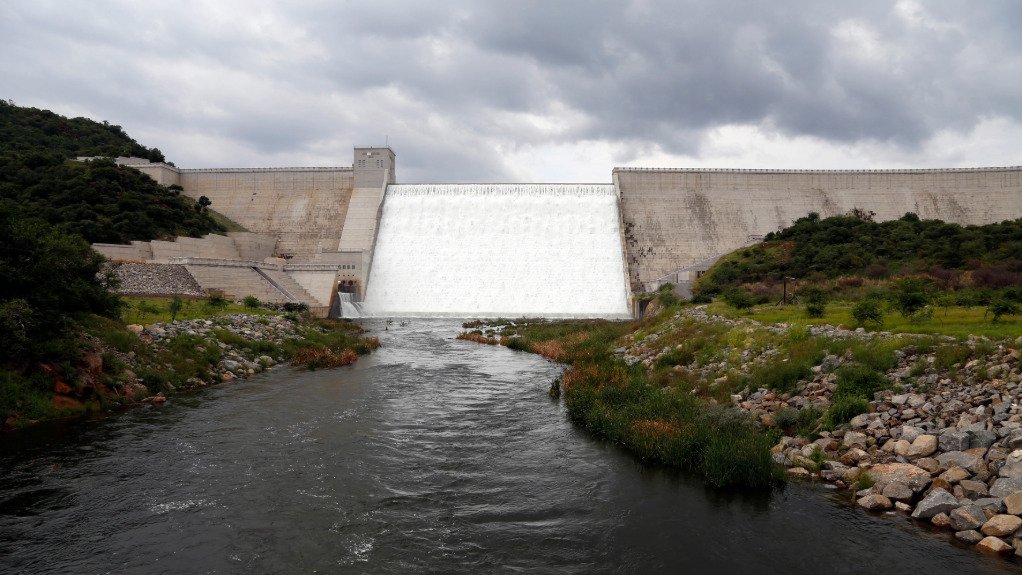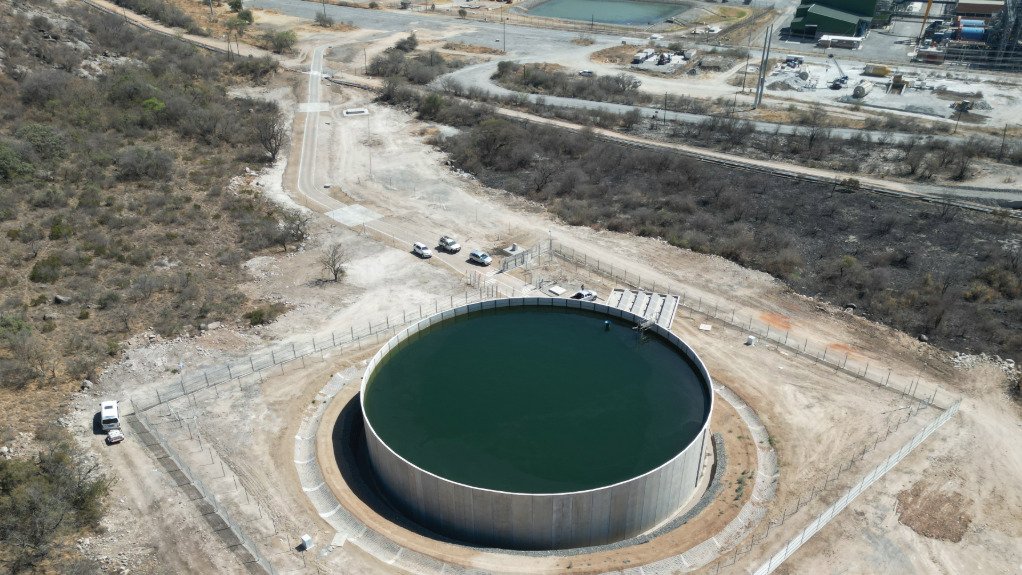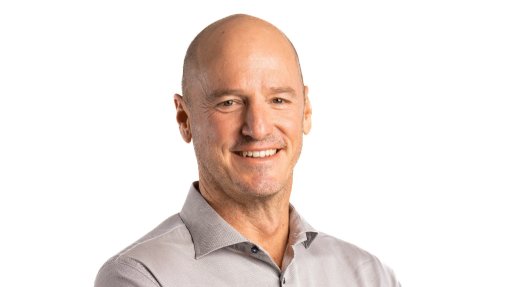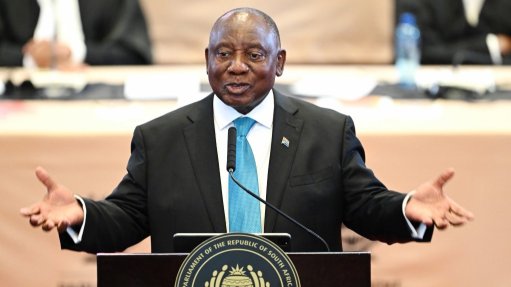Partnership building, optimising water infrastructure in Limpopo



EFFECTIVE MANAGEMENT The optimisation and development of water infrastructure remains central in plans to provide lasting socioeconomic recovery
WATER CHALLENGES Preventative maintenance is highlighted as a way of effectively managing aging infrastructure and the intermittent water supply challenges that ensue from this
The Lebalelo Water User Association (LWUA) has, through its members, self-financed, built, operated and maintained its bulk raw water infrastructure since 2002, and will build six new infrastructure projects as part of its Olifants Management Model Programme (OMMP). The OMMP is resequencing and accelerating the construction of government’s original Olifants River Water Resources Development Project – Phase 2 (ORWRDP-2), adding potable water infrastructure, explains LWUA programme director Dr Kobus Duvenhage.
In terms of bulk raw water infrastructure, the Phase 2B and 2B+ project comprises a steel pipeline from the Flag Boshielo dam to Pruissen and Sekuruwe, together with three new pumpstations, to connect the Mokopane region up to Sekuruwe with the Olifants river system, through the Flag Boshielo dam near Marble Hall.
Phase 2D includes a new pipeline from Steelpoort pumpstation to a break pressure tank at Mooihoek, as well as a bypass line at Clapham pumpstation, integrating the new pipeline with the existing LWUA network. Phase 2F includes a steel pipeline from Clapham Junction to Olifantspoort, augmenting Polokwane’s supply, with two reservoirs at Klipfontein.
The Southern Extension 2 project will supply water from ORWRDP’s Phase 2C at Spitskop in a south-easterly direction to the Mototolo and Booysendal platinum mines.
The OMMP’s bulk potable water infrastructure projects include pipelines; reservoirs; four new water treatment works; the upgrade of existing water treatment works, pumpstations and associated infrastructure; and reticulation networks and yard connections in defined areas in the Sekhukhune district and Mogalakwena local municipalities.
Duvenhage stresses that access to sufficient and safe water is essential for socioeconomic development and achieving this goal requires optimised infrastructure that can effectively address water challenges and unlock countrywide growth.
Communities in Mogalakwena, Sekhukhune and Polokwane, where the OMMP will be implemented, have “endured a 20-year legacy of persistent water challenges”.
He adds that, in the Mogalakwena local municipality, towns must deal with significant water shortages and, while they are earmarked to receive water from the Flag Boshielo dam, it is already over-allocated, which can be partially addressed by better utilisation of the De Hoop dam in the Sekhukhune district.
Further, the De Hoop dam, which was completed in 2014 and is currently 94.5% full, is underutilised and is unable to be used through the existing scheme as the original ORWRDP was not completed.
Polokwane also faces significant water challenges, including intermittent supply and ageing infrastructure, as well as increased demand that is outpacing available resources, further highlighting the urgent need for sustainable water management solutions.
“If water infrastructure development is not implemented as planned in the OMMP, the lack of security of supply for both communities and commercial water users will continue,” Duvenhage explains.
As Lebalelo’s flagship capital expenditure programme, the primary aim of the OMMP is the expedited construction of bulk raw and potable water infrastructure in the Sekhukhune district municipality and the Mogalakwena local municipality, while optimising existing infrastructure and water supply from the Flag Boshielo and De Hoop dams.
Phases 2D and 2F, in particular, will allow for the optimised use of the De Hoop dam to expand water provision and connect the De Hoop and Flag Boshielo dams with Polokwane. This will increase water supply to cover current shortages in the municipality through a water treatment plant and pipeline from Olifantspoort weir, to be built by other OMMP participants.
Duvenhage adds that the water infrastructure and scheme will ultimately supply water to the Water Service Authorities (WSAs), through their water service providers, such as Lepelle Northern Water Board.
This will be done to service surrounding towns and communities, and it will also supply water to commercial users, including mining and industrial companies within LWUA’s footprint.
Competent Delivery, Community Receptivity
Duvenhage highlights that a competent project delivery team is crucial to the success of any large, regional, linear and utility infrastructure project, such as the OMMP.
The OMMP project management unit is an experienced team with a proven record in rolling out mega-infrastructure projects and uses premium project control systems and tools.
“The OMMP represents a synergistic, long-term social compact between government and the private sector. It’s a collaboration between institutional and commercial members in response to the call for infrastructure-led, socioeconomic recovery,” Duvenhage comments.
Funding for the OMMP is shared on a 50:50 basis by commercial and institutional members, while decision-making responsibilities are shared equally through collaborative structures, consequently ensuring the protection of all stakeholder interests and fostering greater accountability.
The estimated combined capital cost (nominal, before funding costs) of the new infrastructure to be built for the OMMP is about R25-billion. Funding for Stage 1 (R8.5-billion) is well-advanced, and confirmation for government’s portion for Stage 2 has been received.
The association notes that the ongoing alignment and interaction among all members and stakeholders has been pivotal in sustaining the collaboration and facilitating the continued progress of the OMMP.
Duvenhage says there has been considerable support for the OMMP from all its stakeholders, including the mining sector, the departments of Water and Sanitation, and Cooperative Governance and Traditional Affairs, as well as numerous traditional authorities and local communities. Despite one or two outliers, Lebalelo is committed to engaging openly and transparently, driving LWUA’s purpose on behalf of its members with the aim of ‘Improving Lives Through Water’.
Article Enquiry
Email Article
Save Article
Feedback
To advertise email advertising@creamermedia.co.za or click here
Announcements
What's On
Subscribe to improve your user experience...
Option 1 (equivalent of R125 a month):
Receive a weekly copy of Creamer Media's Engineering News & Mining Weekly magazine
(print copy for those in South Africa and e-magazine for those outside of South Africa)
Receive daily email newsletters
Access to full search results
Access archive of magazine back copies
Access to Projects in Progress
Access to ONE Research Report of your choice in PDF format
Option 2 (equivalent of R375 a month):
All benefits from Option 1
PLUS
Access to Creamer Media's Research Channel Africa for ALL Research Reports, in PDF format, on various industrial and mining sectors
including Electricity; Water; Energy Transition; Hydrogen; Roads, Rail and Ports; Coal; Gold; Platinum; Battery Metals; etc.
Already a subscriber?
Forgotten your password?
Receive weekly copy of Creamer Media's Engineering News & Mining Weekly magazine (print copy for those in South Africa and e-magazine for those outside of South Africa)
➕
Recieve daily email newsletters
➕
Access to full search results
➕
Access archive of magazine back copies
➕
Access to Projects in Progress
➕
Access to ONE Research Report of your choice in PDF format
RESEARCH CHANNEL AFRICA
R4500 (equivalent of R375 a month)
SUBSCRIBEAll benefits from Option 1
➕
Access to Creamer Media's Research Channel Africa for ALL Research Reports on various industrial and mining sectors, in PDF format, including on:
Electricity
➕
Water
➕
Energy Transition
➕
Hydrogen
➕
Roads, Rail and Ports
➕
Coal
➕
Gold
➕
Platinum
➕
Battery Metals
➕
etc.
Receive all benefits from Option 1 or Option 2 delivered to numerous people at your company
➕
Multiple User names and Passwords for simultaneous log-ins
➕
Intranet integration access to all in your organisation




















